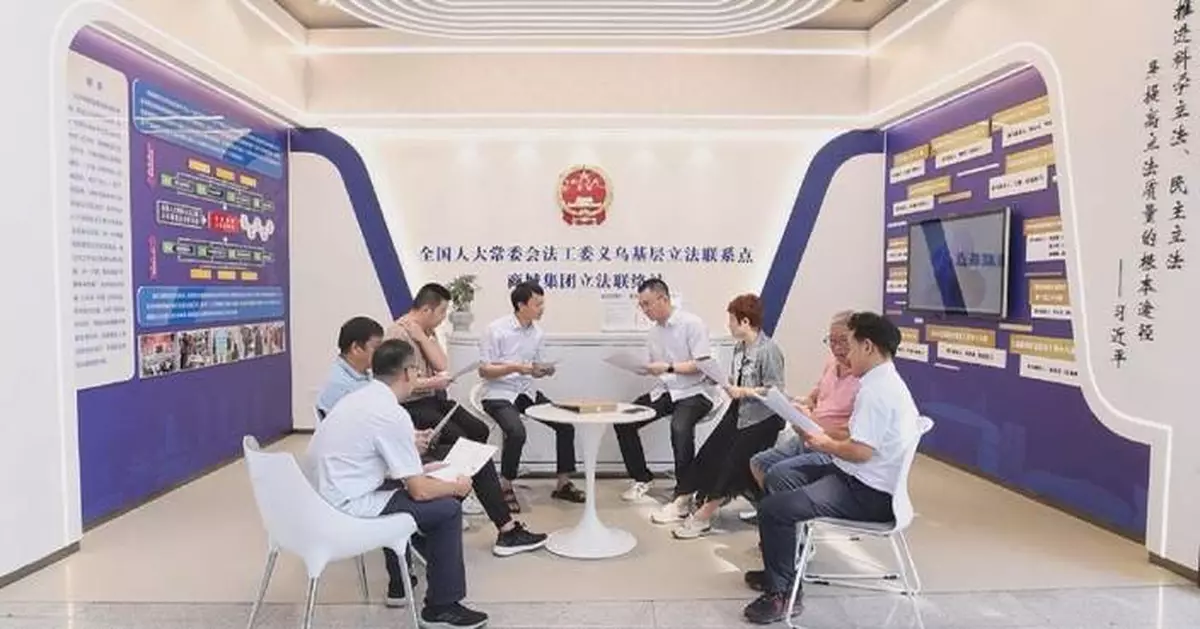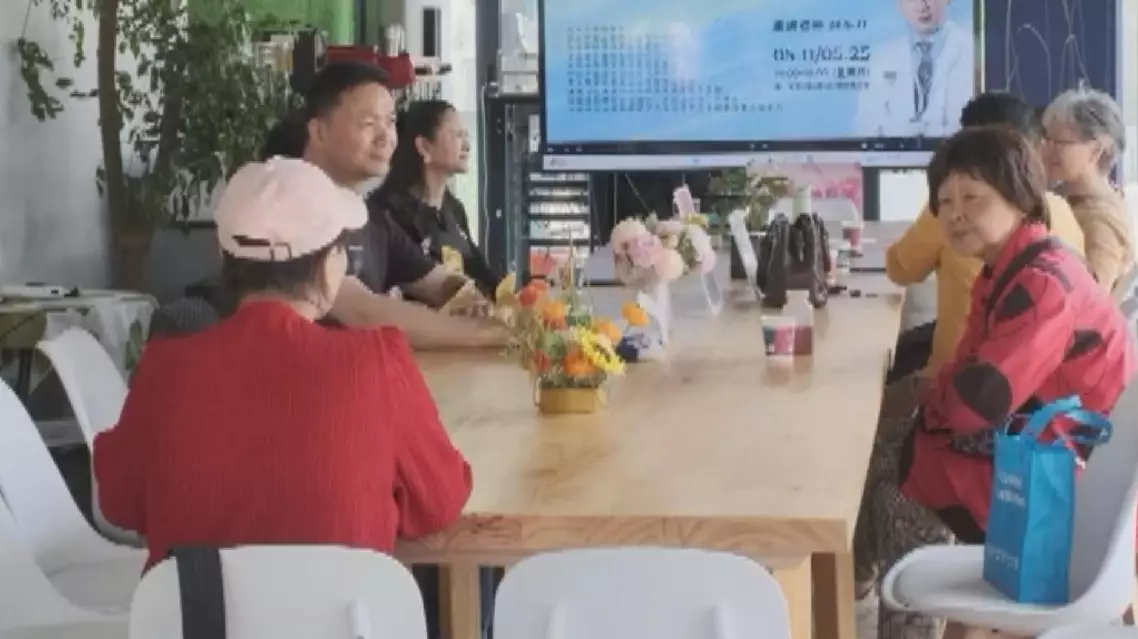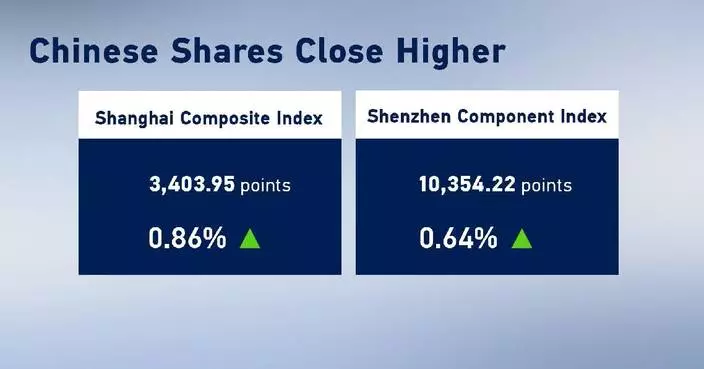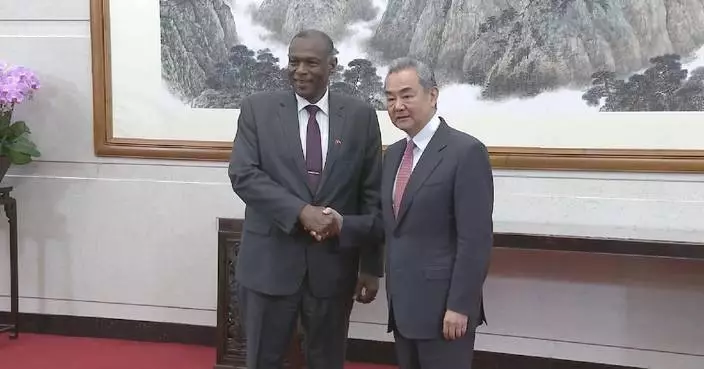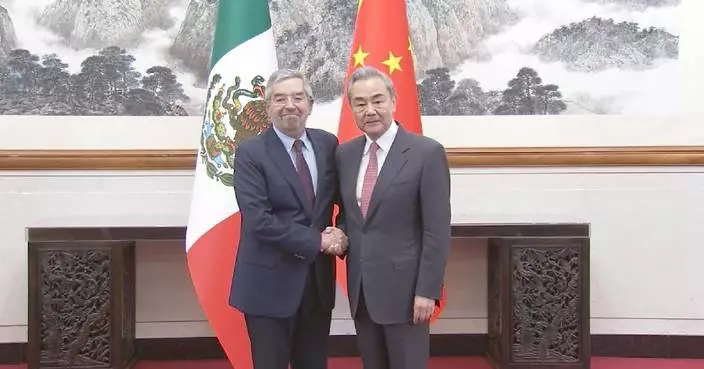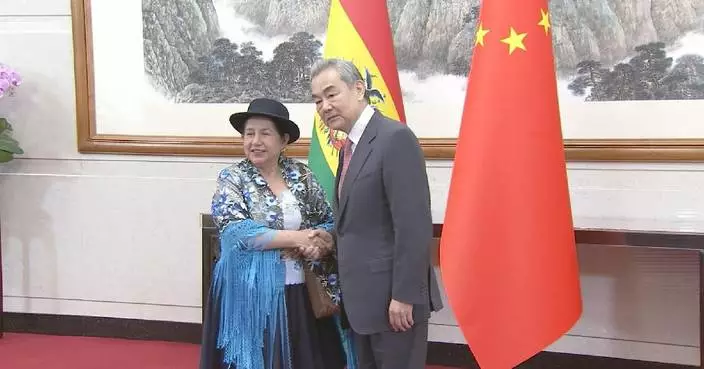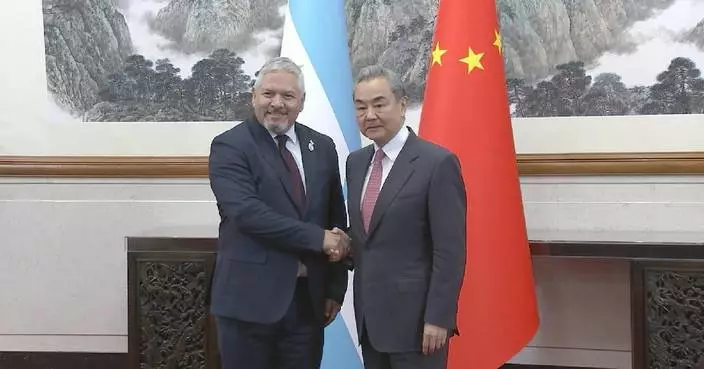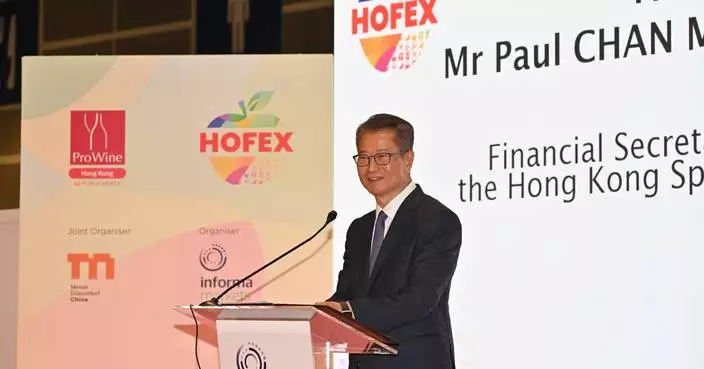Chinese people's voices are better heard and their concerns better addressed as the country's local legislation network has become extensively engaged and deeply entrenched in the grassroots over the years.
In the past few years, local legislative outreach offices have notably increased in number, enabling more people to conveniently express their expectations for future laws and offer relevant suggestions.
More legislative resources have been directed to formulate rules that meet people's desire for a better life, address common social concerns, and provide institutional support for local economic and social development.
In east China's Yiwu City, the country's vibrant light industrial commodity center, the local legislative outreach stations helped in soliciting more than 300 suggestions for draft economic laws, including Stamp Duty Law, Value Added Tax Law, and Customs Law. The participation rate of market operators in the Yiwu International Trade City reached 80 percent.
"If we have any good ideas, we will come to the legislative liaison station to communicate. The staff members will sort out our opinions and feedback to the grassroots legislative liaison office. It makes me feel that I have really participated in the process of democratic legislation," said Xu Xiaobao, a merchant.
Yiwu City has currently established 47 consultation units and 21 liaison stations, and hired 39 legislative consulting experts and more than 10,000 information collectors, reaching out extensively to various government departments, towns and villages.
"By participating in local legislation, more people can gain a better understanding of the law, realizing people's legislation and promoting people's use of the law," said Zhu Xiaoling, deputy director of the leading group of Lugang Group legislative outreach station in Yiwu.
Since the establishment of the first batch of local legislative outreach offices in 2015, there are a total of 45 local legislative outreach offices of the Legislative Affairs Commission of the Standing Committee of the National People's Congress (NPC), with a total of more than 10,600 supporting establishments, and the work network covers a population of about 169 million people.
The legislative outreach offices now cover all 31 provinces, autonomous regions, and municipalities on the Chinese mainland.
The top legislature's move has inspired standing committees of provincial and municipal people's congresses to establish more than 7,300 legislative outreach offices at their respective levels, making it more convenient for the public to reach lawmakers and contribute their wisdom to legislation.
"As of July this year, we have solicited more than 30,500 opinions and ideas from local legislative outreach stations on 185 draft laws, legislative planning drafts, and filing review work, of which more than 3,300 have been adopted and incorporated by legislative research. As a legislative bridge connecting grassroots people and national legislative bodies, local legislative outreach stations are playing an increasingly prominent role in drawing on public opinions and pooling the wisdom of the people," said Shi Xiaolei, head of local grassroot legislative outreach office of the Legal Affairs Commission of the NPC Standing Committee.
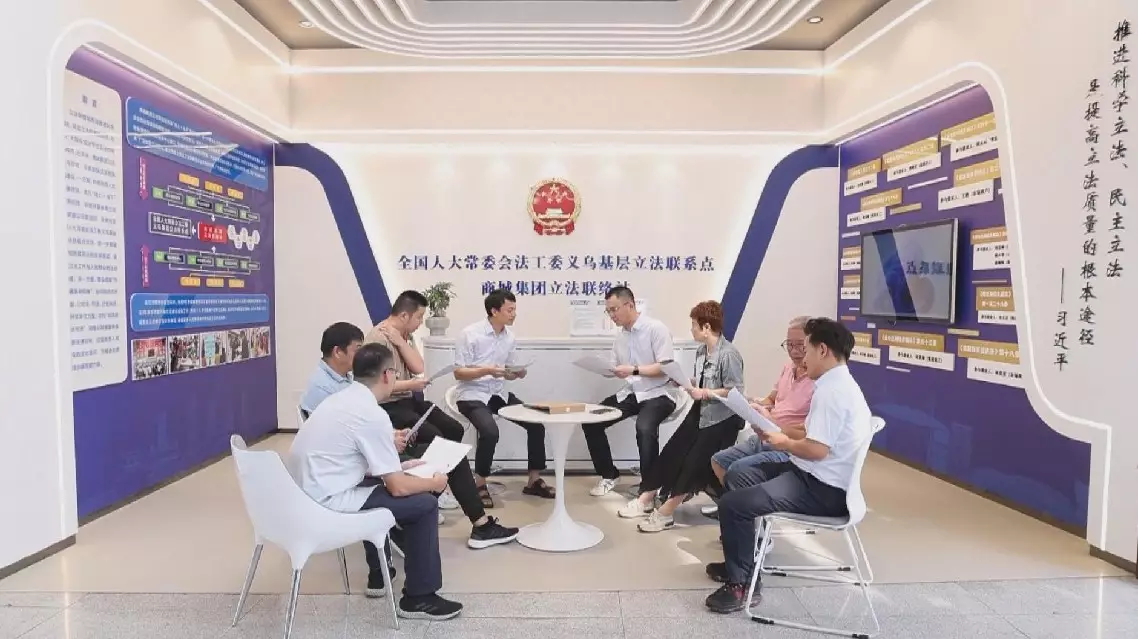
More voices heard, social concerns addressed in local legislation in China
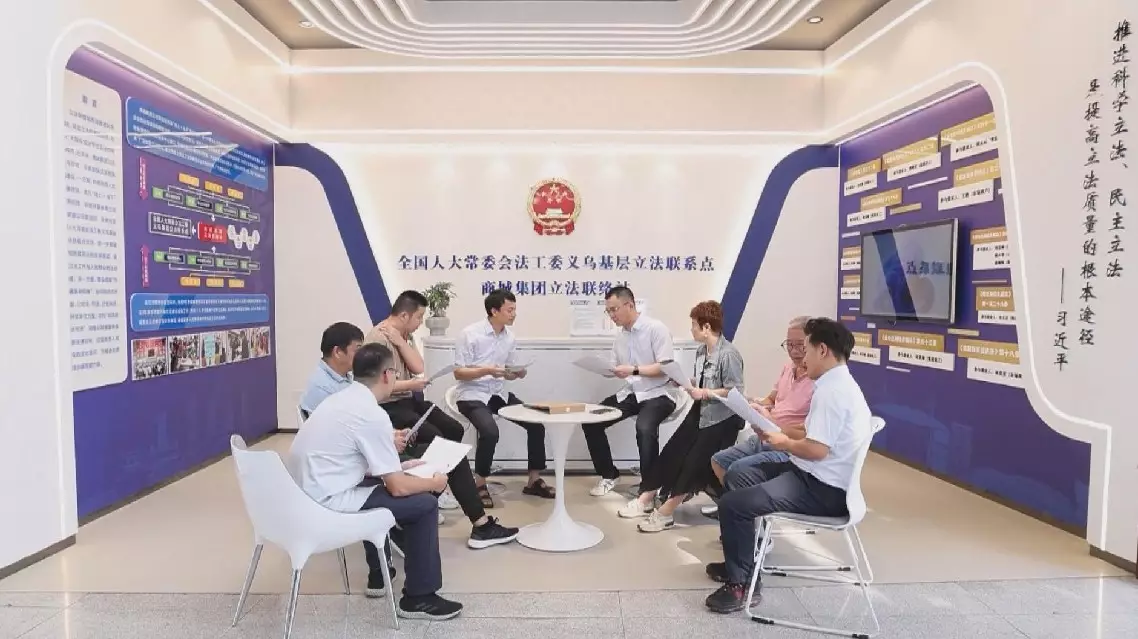
More voices heard, social concerns addressed in local legislation in China


